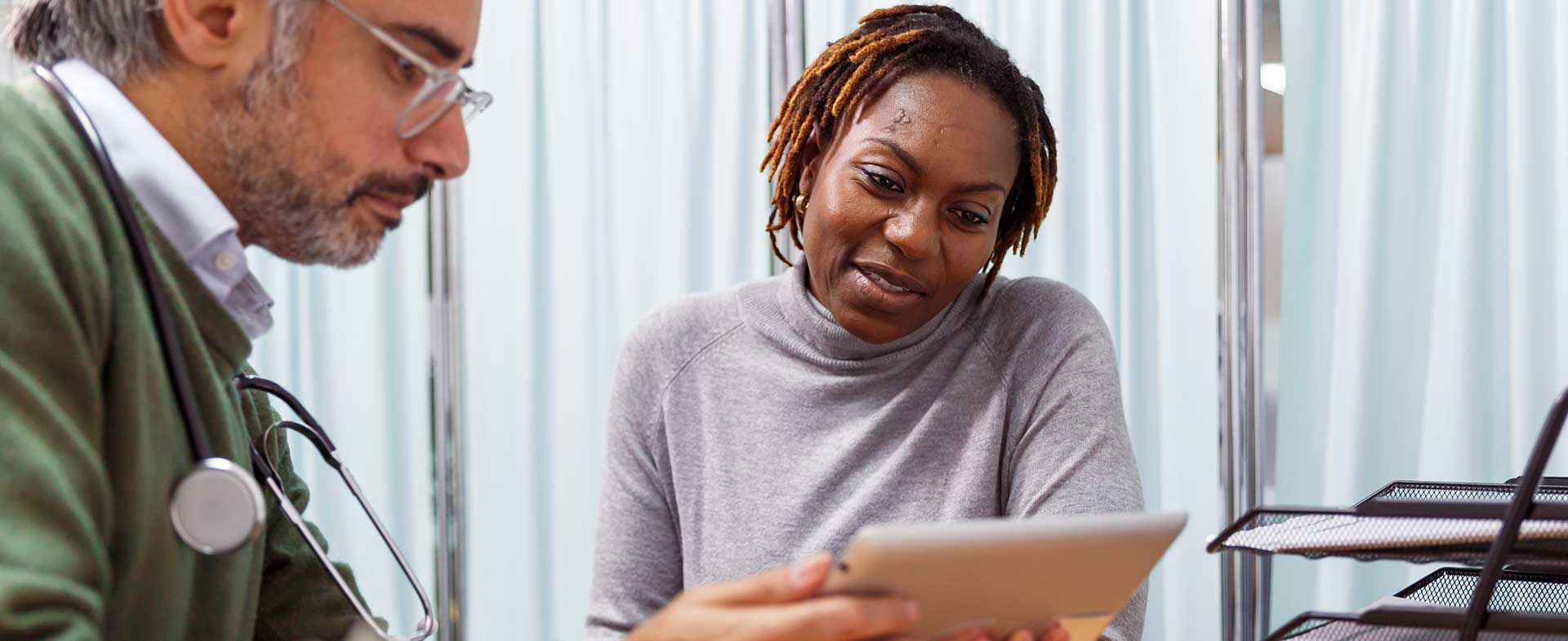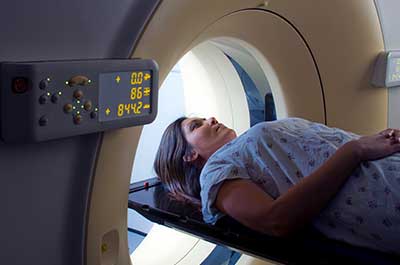Wrapping up your cancer treatment is certainly something to celebrate. But in the wake of surgery, chemotherapy, radiation or targeted therapies, you need and deserve follow-up care.
“Active treatment is a kind of safety net for cancer patients where they feel like they’re doing something to fight the cancer,” says Tiffany Fields, a nurse practitioner at Henry Ford Health. “So completing treatment can produce a certain level of anxiety for patients. That’s where follow-up care comes in.”
What Is Follow-Up Cancer Care?
Completing cancer treatment is not a one-way ticket back to your pre-cancer lifestyle. Both the disease itself and its treatments can change your body and mind in unanticipated ways. Many patients continue to suffer from fatigue, difficulty sleeping, memory issues and persistent pain or neuropathy—nerve damage that can happen as a result of chemotherapy and commonly affects sensation in the hands and feet.
Follow-up care is based on established medical guidelines for your specific type and stage of cancer. During these visits, you’ll discuss necessary screening exams, follow-up tests and issues that are unique to survivorship.
Maybe you took a medication that impacted your heart as part of cancer treatment. Or maybe you’re experiencing bone loss from premature menopause. “Each case is unique and requires specialized care tailored to your individual circumstances,” Fields says.
As part of your follow-up care, you should receive a survivorship care plan. This document includes an end-of-treatment summary detailing your diagnosis (cancer type, stage and grade) and all treatments you received. It also includes information about follow-up visits, screening schedules, recommended testing, and suggestions for managing physical and mental health concerns and avoiding future health problems.
Questions Cancer Survivors Should Ask
As your treatment winds down, your oncologist can help you understand the recovery process and ways to lower your risk of recurrence and improve your overall health.
“You can always request an appointment specifically to discuss survivorship issues,” Fields says. Questions to consider include:
- How soon and how often do I need follow-up visits?
- What types of screening tests will I need and how often will I need to get screening exams?
- What is the likelihood that my cancer will recur?
- Are there steps I can take to reduce my risk of cancer recurrence?
- What types of physical changes should I expect after cancer treatment?
- How has cancer and its treatments impacted my heart, lungs, liver, bones and other major organ systems?
- How has cancer affected my reproductive or sexual health?
- How has cancer and its treatments impacted my risk for developing a future cancer?
- What emotional and psychological issues am I likely to face after treatment?
- How can I get support for ongoing issues and concerns? Are there physicians who specialize in survivorship issues? How do I get a referral?
- What symptoms should I watch for that could indicate a recurrence or new cancer?
What Changes Happen After Cancer?
Cancer and its treatment can produce a multitude of changes for both body and mind. Here’s what to watch for:

Henry Ford Cancer Survivorship Clinic
- Cognitive changes: “Chemo brain” is the foggy thinking some patients experience as a result of cancer and its treatments. You might struggle with processing information, retrieving words or remembering what you needed from the grocery store. While most of these changes are temporary, it’s important to discuss your symptoms with your doctor if it feels like they’re lingering.
- Physical changes: Even after cancer treatment ends, you may experience physical changes that impact your mobility and everyday functioning. Some patients suffer from neuropathy. Others have ongoing stiffness and joint pain. Still others suffer from sexual dysfunction after treatment. “It’s important to share your symptoms with your doctor so they can offer treatment options,” Fields says.
- Emotional well-being: It’s normal to feel a mix of emotions after you complete treatment—from happy and grateful to sad and bewildered. You might also feel fear. These feelings are normal and they will evolve and change over time.
Supporting Your Health Through Cancer Survivorship
If you’ve survived cancer, you’ll probably always be concerned about it coming back. Fortunately, there are plenty of steps you can take to reduce your risk of recurrence.
- Stick to your recommended screening schedule. Work with your provider to develop an ongoing screening schedule that’s tailored to your diagnosis, medical and family history and previous treatments.
- Pay attention to your diet. Eat a whole food, plant-based diet full of fruits and vegetables and low in high-fat animal products, processed foods, alcohol and sugar. You’ll support your long-term health and boost your immune system.
- Get regular exercise. Studies show that getting regular exercise can boost fitness and help preserve bone mass and improve quality of life for cancer survivors.
Most importantly, be aware of changes in your health between your scheduled visits and report any concerns to your healthcare provider. Cancer support services including physical therapy, acupuncture and mental health services can help you manage symptoms.
“It’s not uncommon for patients to be anxious after treatment ends,” Fields says. “Our goal is to support them during treatment and beyond so they can live full, healthy lives.”
Reviewed by Tiffany Fields, a nurse practitioner who sees patient at Henry Ford Cancer - Detroit and Henry Ford Medical Center - Columbus.



